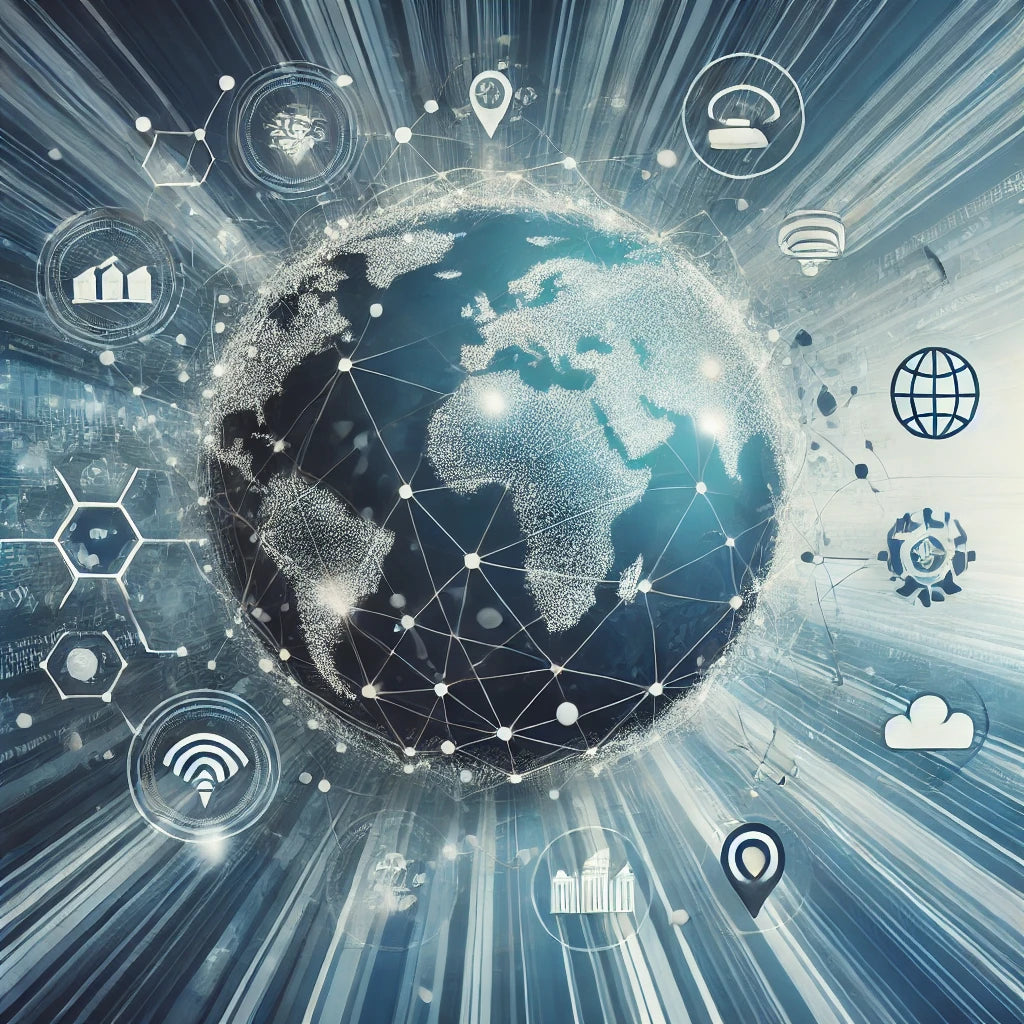Globalization is not simply increasing or decreasing but rather evolving in response to geopolitical, technological, and economic forces. While traditional forms of globalization—such as the trade of manufactured goods—have slowed, new forms, including digital trade and the flow of services and information, are accelerating. The global economic order is becoming more decentralized, with multiple power centers emerging. This shift is evident in the increasing influence of countries like China and India, which are reshaping global trade patterns away from a U.S.-dominated system (Carbaugh, 2023). As a result, globalization is evolving rather than declining, with more emphasis on regional and digital connections.
The digital economy, in particular, has seen significant growth, especially in areas such as intellectual property, data, and remote services. According to White (2023), knowledge flows and digital services are expanding at a faster rate than traditional goods trade, indicating that while global supply chains face challenges, global interconnectedness continues to thrive in new sectors. This suggests that globalization is adapting to the rise of technology and shifting geopolitical dynamics, such as the U.S.-China economic rivalry.
In addition, the emergence of regional blocs like BRICS reflects the shift toward a more multi-polar global economy. With BRICS members gaining influence, particularly in energy and commodities markets, the global balance of power is moving away from traditional Western dominance represented by the G7 (Springfield, 2023).This shift toward regional trading blocs and the diversification of global supply chains indicates that while the structure of globalization may be changing, the phenomenon itself is not retreating but adapting to new realities.
References
Carbaugh, R. (2023). International Economics (18th ed.). Cengage Learning U.S.
Springfield, C. (2023, September 5). What the expanding BRICS universe means for the global economy. International Banker.
White, O. (2023, February 9). How our interconnected world is changing. McKinsey & Company.




